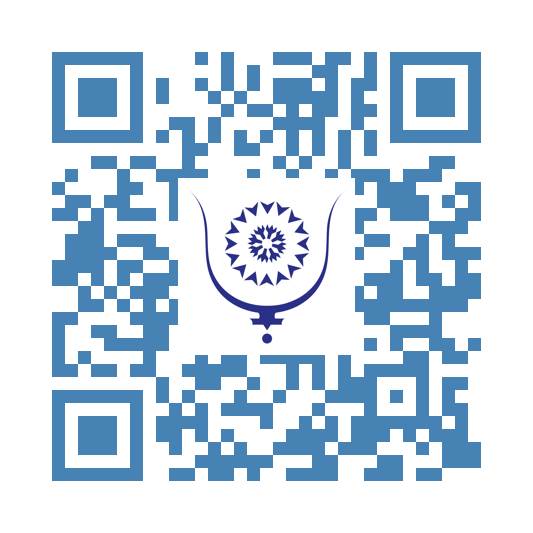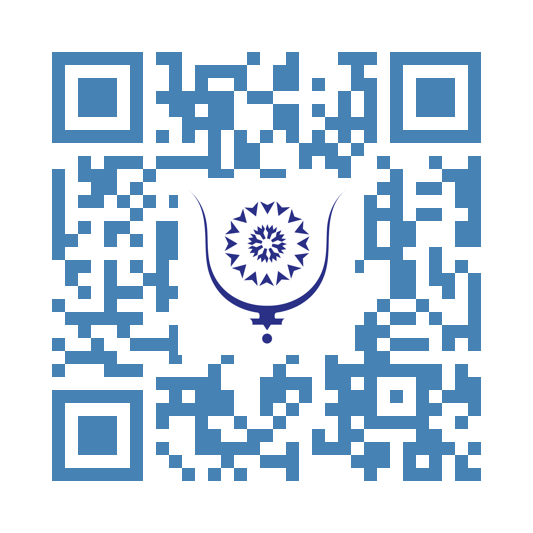KTB Darija... 1273
Qyas KtbDarija : Projet pour un Double Standard
pour l'Ecriture de l'Arabe Marocain ou Darija a été publié par Tariq Daouda et Nassim Regragui.
KtbDarija est un projet initié en 2008 visant à normaliser l'Arabe Marocain www.ktbdarija.com
[email protected]
27 septembre 2012
1- Résumé
Grâce à internet, la Darija, langue parlée par la quasi-totalité des marocains, est
devenue en peu de temps l'une des langues les plus écrites par ceux-ci, paradoxe intéressant pour une langue jusqu'alors essentiellement orale. Ce vecteur visiblement essentiel de la culture marocaine s'arme de plus en plus comme moyen de communication et d'expression. Mais malheureusement, ses apparitions écrites en dehors de la toile restent encore timides, et pour cause : Il n'existe à ce jour aucune norme officielle écrite de la Darija. Le but de ce dossier est donc de proposer une norme d'écriture pour la Darija, qui soit un outil puissant de développement durable pour le Maroc. Un outil qui soit non seulement adapté à sa grammaire et sa phonologie mais qui permette également de combattre l'analphabétisme, d'augmenter l'efficacité du système scolaire marocain, qui réponde au impératifs d'informatisation et d'ouverture vers l'extérieur, tout en restant en accord avec l'histoire, le patrimoine culturel et les réalités sociales du Maroc.
§§§§§§§§§§§§§
Voici la table des matières de cette étude extrêmement bien documentée. Si vous êtes intéressés et si vous voulez comprendre davantage l'approche et son extrême importance consultez le site ktbdarija.com.
§§§§§§§§§§§§§§
2- Table des matières
1 Introduction 5
2 Pourquoi une nouvelle façon d'écrire 9
2.1 Le cas de l'écriture Arabisante . . . . . . . . . . . . . . . . . . . . . . . 9
2.2 Le cas de l'écriture francisante ou francisée . . . . . . . . . . . . . . . 10
2.3 Le cas de l'écriture alphanumérique . . . . . . . . . . . . . . . . . . . . . 12
3 La Démarche : Les Exigences Génératrices 13
4 Les alphabets 15
4.1 Les phonèmes issus du français . . . . . . . . . . . . . . . . . . . . . . . 18
5 Les Règles D'Écriture 21
5.1 Règles génératrices . . . . . . . . . . . . . . . . . . . . . . . . . . . . . . 21
5.2 Les règles gages de la pérennité du standard . . . . . . . . . . . . . . . . 21
5.3 Les Règles Pratiques . . . . . . . . . . . . . . . . . . . . . . . . . . . . . 22
5.3.1 Règles générales du standard . . . . . . . . . . . . . . . . . . . . . 22
5.3.2 Règles spécifiques à l'écriture arabe . . . . . . . . . . . . . . . . . 22
5.3.3 Règles spécifiques à l'écriture latine . . . . . . . . . . . . . . . . . 23
5.3.4 Des variantes régionales : . . . . . . . . . . . . . . . . . . . . . . . 23
5.3.5 Réhabilitation du vocabulaire, et introduction de mots étrangers . 23
6 Claviers : 25
7 Conclusion : 27
8 Annexe 1 : Entretien réalisée le 23 Novembre 2010 par Giosella Licata
dans le cadre de sa Maîtrise en Dialectologie Arabe à l'Université de
Rome. 29
8.1 Quand est née ktbdarija.com? . . . . . . . . . . . . . . . . . . . . . . . . 29
8.2 Pourquoi avez vous choisi comme titre du site ktbdarija? . . . . . . . . . 29
8.3 A qui votre site s'adresse t-il? . . . . . . . . . . . . . . . . . . . . . . . . 29
8.4 Qui a eu l'idée de ce site et pourquoi? . . . . . . . . . . . . . . . . . . . . 30
8.5 Quelle est la structure de votre site? Quelles sont ses sections? . . . . . . 30
8.6 Pourquoi vous avez choisi comme langue de communication l'arabe dialec-
tal marocain? . . . . . . . . . . . . . . . . . . . . . . . . . . . . . . . . . 30
You are leaving Bluwr.
We cannot guarantee what's on the other side of this link:




